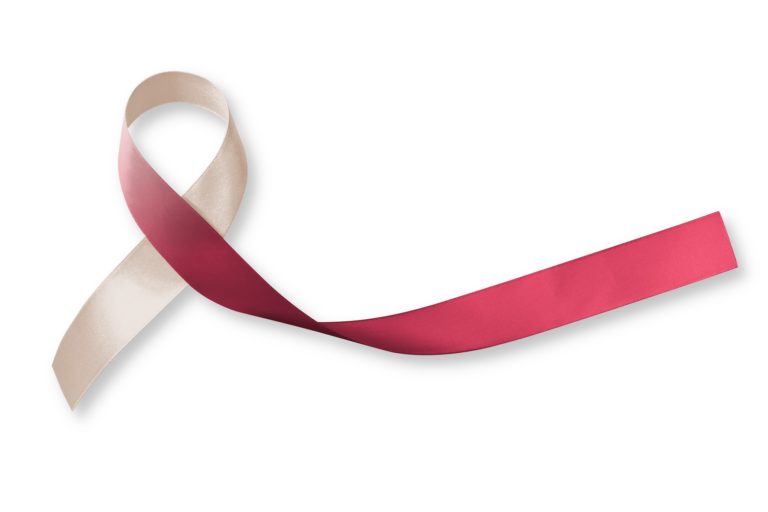
Oral Cancer Screening: Importance and Process at Our Dental Clinic
At our dental clinic, we understand the significance of maintaining optimal oral health. While we work closely with you to establish and preserve excellent oral hygiene, it’s important to acknowledge that oral health issues can still arise. Detecting these issues early on allows for timely resolution, preventing them from worsening and leading to additional complications.
When it comes to oral cancer, early detection plays a crucial role in effective management. That’s why, during your regular examination and cleaning appointments, our dentists will perform an oral cancer screening every six months. This proactive approach enables us to identify any signs of oral cancer or precancerous conditions, facilitating prompt treatment and potential cure.
Risk Factors
Though regular oral cancer screenings are a wise idea for all patients, your dentist will be even more insistent on performing an oral cancer screening if you have a high risk of developing oral cancer. Some of the risk factors that contribute to a higher instance of oral cancer include:
- Tobacco use- This includes the use of cigarettes, cigars, pipes, chewing tobacco, snuff and any other form of tobacco use.
- Heavy alcohol use- Heavy alcohol use can increase one’s risk of oral cancer. Especially if one is consuming hard liquor on a frequent basis.
- Prior oral cancer issues- Once an individual has experienced oral cancer, their likelihood of experiencing it again increases.
- Significant sun exposure- While minimal sun exposure on a daily basis can be beneficial to one’s health. Significant sun exposure on a regular basis can increase the risk of cancer, including lip cancer.
In the interest of reducing your risk of developing oral cancer, your dentist will encourage you to abandon habits that are not beneficial to your oral hygiene and establish habits that are beneficial for you.
What to Expect-
Your dentist will perform a visual examination of your:
- Face,
- Neck,
- Lips,
- Inside the nose and in your oral cavity,
- Checking your gums,
- Inner cheeks,
- Roof of the mouth,
- Tonsils,
- Throat and
- Under your tongue with a light and mirror.
He is looking for any asymmetries, swellings, bumps, ulcerations, patches of color, sores or other abnormalities in these areas that would indicate a problem with your oral hygiene and health. Then, with his gloved fingers, your dentist will gently feel your:
- Head,
- Cheeks,
- Jaw,
- Under the chin and
- Over the various tissues in your mouth.
Checking for lumps, masses or other abnormalities. He will ask you to take out any dental hardware that is removable, such as partial or complete dentures. If your dentist determines that it is necessary to check thoroughly, he may rinse your mouth with a special blue dye that will be soaked up by any abnormal cells in your mouth.
IN CONCLUSION-
Oral cancer screenings are not sufficient on their own to return a diagnosis, but they can indicate whether further testing is advisable or necessary. For example, a patient may have sores in their mouth, but a visual examination will not be able to determine whether they are cancerous or not (many mouth sores are not cancerous). If your dentist isn’t certain about the origin of a mouth sore, he will recommend further testing.
Should your dentist determine that there are signs of cancerous or precancerous conditions, he will recommend a follow-up visit a few weeks later so that he can re-examine your mouth and determine whether the conditions are still present or have changed. This is the point at which he may recommend a biopsy or referral to an oral cancer specialist for diagnosis and treatment.
Oral cancer screenings are meant to be precautionary, and should not be cause for worry or concern. If you have questions about oral cancer screenings, Contact your Dentist in Bowie.
Risk Factors: Identifying Higher Susceptibility
While oral cancer screenings are recommended for all patients, certain individuals have a higher risk of developing oral cancer. If you fall into any of the following categories, our dentists will strongly emphasize the importance of undergoing an oral cancer screening:
- Tobacco use: This includes cigarettes, cigars, pipes, chewing tobacco, snuff, and other forms of tobacco consumption.
- Heavy alcohol use: Regular consumption of hard liquor significantly increases the risk of oral cancer.
- History of oral cancer: If you have previously experienced oral cancer, your likelihood of recurrence is higher.
- Significant sun exposure: Prolonged and frequent exposure to the sun, especially on the lips, raises the risk of oral cancer.
To minimize your chances of developing oral cancer, our dentists will encourage you to eliminate harmful habits and establish oral hygiene practices that promote your well-being.
What to Expect During an Oral Cancer Screening
During an oral cancer screening, our dentist will conduct a comprehensive visual examination of various areas, including your face, neck, lips, nasal passages, and oral cavity. They will assess your gums, inner cheeks, roof of the mouth, tonsils, throat, and the area beneath your tongue using a light and mirror. The objective is to identify any asymmetries, swellings, bumps, ulcerations, patches of color, sores, or other abnormalities that may indicate potential oral health issues.
Additionally, our dentist will gently feel your head, cheeks, jaw, chin, and the tissues inside your mouth to detect any lumps, masses, or other irregularities. If you have removable dental hardware, such as partial or complete dentures, you may be asked to remove them for a thorough examination. In some cases, if deemed necessary, our dentist may rinse your mouth with a special blue dye that highlights any abnormal cells present.
Importance of Oral Cancer Screenings and Further Evaluation
It’s important to note that oral cancer screenings alone cannot provide a definitive diagnosis. However, they serve as an indicator for the need for further testing. For instance, if you have mouth sores, a visual examination may not determine their cancerous nature as many sores are benign. In such cases, our dentist may recommend additional tests to ensure accurate diagnosis.
If our dentist identifies signs of cancerous or precancerous conditions during the screening, they will suggest a follow-up visit a few weeks later. This allows for a re-examination of your oral cavity to assess if the conditions have persisted or changed. Based on their findings, our dentist may advise a biopsy or refer you to an oral cancer specialist for further diagnosis and treatment.
Oral cancer screenings are primarily precautionary measures and should not cause unnecessary worry or concern. If you have any questions or concerns regarding oral cancer screenings, please don’t hesitate to contact our clinic Dentist in Bowie.
